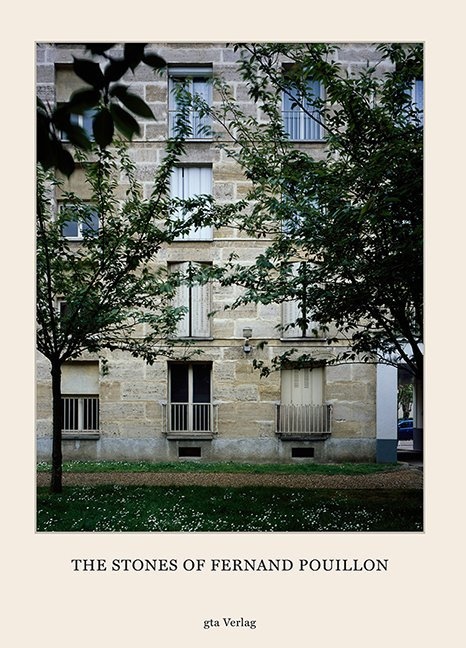Read more
Providing a new insight into twentieth-century architecture, this is the first book in English on the work of French architect Fernand Pouillon (1912-1986). It includes Jacques Lucan's analysis of his post-war urbanism and its critique of mainstream modernism, a description of material construction by Adam Caruso, and a text by Pouillon himself reflecting on the contemporary architect's position in a cultural continuum. At the book's heart lie survey drawings and photographs of Pouillon's key Parisian housing projects.
About the author
Fernand Pouillon (1912 - 1986) war nach dem Zweiten Weltkrieg ein vielbeschäftigter und hochdotierter Architekt. Daneben gab ihm eine Professur an der Universität seiner Heimatstadt Aix die Gelegenheit, die Zisterzienserbauten der Provence eingehend zu studieren. 1961 in einen Finanzskandal verwickelt, begann er in der Untersuchungshaft den Tagebuch-Roman "Singende Steine. Die Aufzeichnungen des Wilhelm Balz, Baumeister des Zisterzienserklosters Le Thoronet", den er nach der Flucht im Versteck in Fiesole fortführte. Nach freiwilliger Rückkehr und vielen Entbehrungen wurde er schließlich freigesprochen und konnte ab 1964 in Algier wieder bauen. 1984 wurde er mit dem Kreuz der Ehrenlegion ausgezeichnet.
Summary
Providing a new insight into twentieth-century architecture, this is the first book in English on the work of French architect Fernand Pouillon (1912–1986). It includes Jacques Lucan’s analysis of his post-war urbanism and its critique of mainstream modernism, a description of material construction by Adam Caruso, and a text by Pouillon himself reflecting on the contemporary architect’s position in a cultural continuum. At the book’s heart lie survey drawings and photographs of Pouillon’s key Parisian housing projects.

